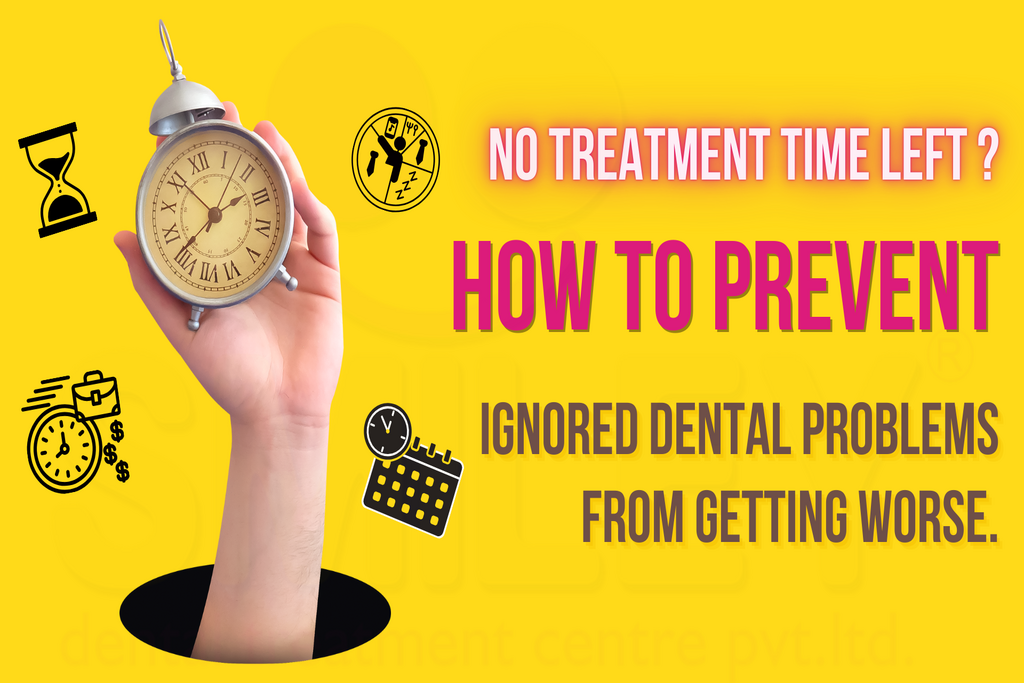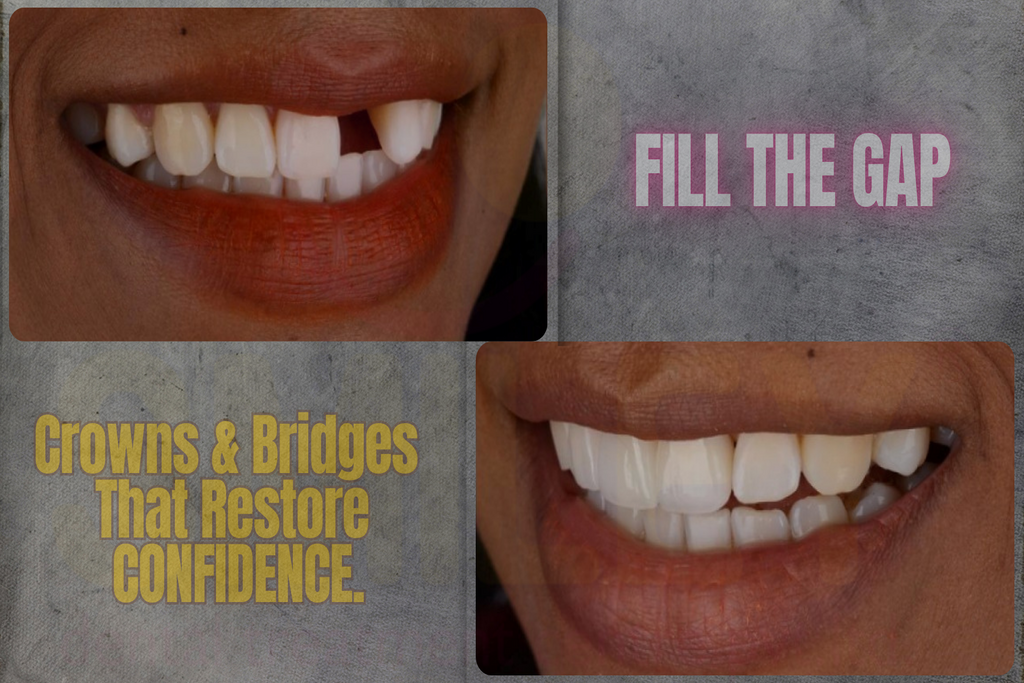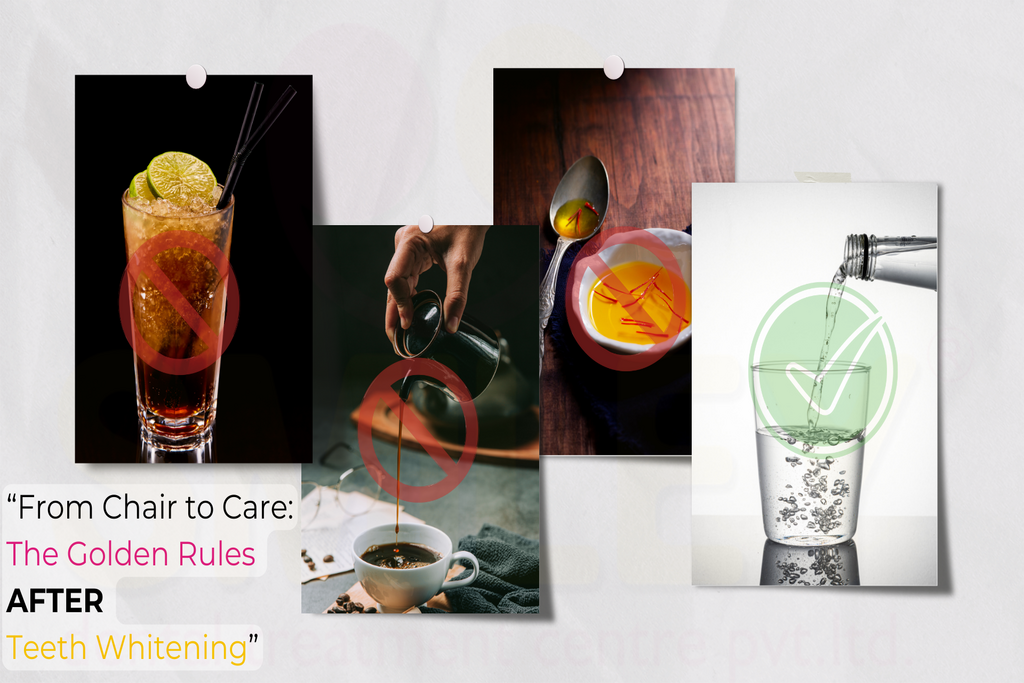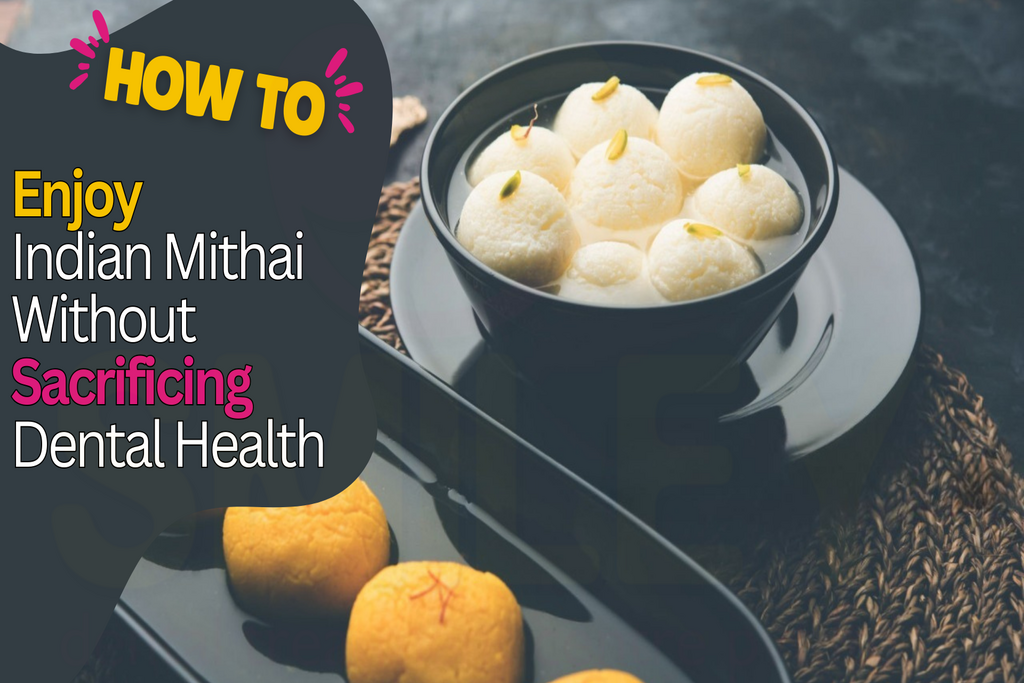Is your sensitivity toothpaste actually helping? A leading dentist explains what works and what doesn’t – for lasting relief. Get real solutions, not myths.
How Marketing Oversimplifies a Multi-Layered Dental Issue
“Just switch to a sensitivity toothpaste”—how many times have you heard this? Whether it’s from a friend, a colleague, or even a search engine, this is one of the most overused—and oversimplified—pieces of dental advice. But are these toothpastes truly enough? Let’s break it down, scientifically.
How Do Sensitivity Toothpastes Work?
Most popular sensitivity toothpastes contain potassium nitrate, strontium chloride, or arginine compounds. These ingredients either block the nerve signals or seal the microscopic dentin tubules. But here’s the catch—they offer symptomatic relief, not a permanent solution.
A double-blind clinical trial published in the Journal of Clinical Dentistry (2017) noted that while these pastes reduce symptoms, they don’t fix enamel erosion, gum disease, or micro-fractures, which may be the real underlying causes.
When Toothpaste Alone Is NOT Enough
- Your Tooth Is Cracked or Worn Down
In urban Indian populations, where people chew pan masala, hard foods like chana or supari, or open bottle caps with their teeth (yes, it still happens!), micro-cracks form. These cracks don’t respond to sensitivity toothpaste at all.
- You Have Gum Disease
Gum recession due to early or moderate periodontitis (often neglected due to lack of pain) leads to exposed tooth roots—no toothpaste can regenerate lost gum tissue. A Dentistry Today (2022) review states that professional deep cleaning or periodontal therapy is often required.
- Enamel Erosion from Acid Reflux or Improper Diet
Sensitivity toothpastes won’t stop erosion caused by frequent vomiting (bulimia, pregnancy) or gastroesophageal reflux. A holistic consultation involving your dentist and physician is essential here.
Misinformation Hurts – Literally
Digital wellness influencers often promote one-size-fits-all solutions. But oral health is biologically complex and culturally unique, especially in India. For example, the use of datun (neem sticks) or charcoal powders—marketed as “natural”—actually strips enamel and worsens sensitivity.
Scientific dentistry is not about quick fixes—it’s about understanding the cause.
What Should You Really Be Doing?
- Use sensitivity toothpaste as part of a larger treatment plan, not as a cure.
- Get a diagnostic evaluation at a trusted dental clinic like Smiley Dental Treatment Centre Pvt Ltd to determine the root cause.
- Consider fluoride varnish treatments, desensitizing agents, or bonding procedures if advised.
- Follow a balanced, non-acidic Indian diet and maintain proper brushing technique.
Lifestyle Integration for the Modern Indian
For professionals, homemakers, and retirees alike, oral discomfort can affect productivity, confidence, and even nutrition. Just as you wouldn’t ignore knee pain or vision issues, you shouldn’t ignore tooth sensitivity—especially when you can afford expert care.
Final Word from the Dentist
“Sensitivity toothpastes are supportive, not solutions. Your teeth deserve more than marketing, they deserve medically sound care.”
Edited by Dr Sourav Ghosh (MDS); Gold Medalist
Clinical Head at Smiley Dental Treatment Centre Pvt Ltd

















